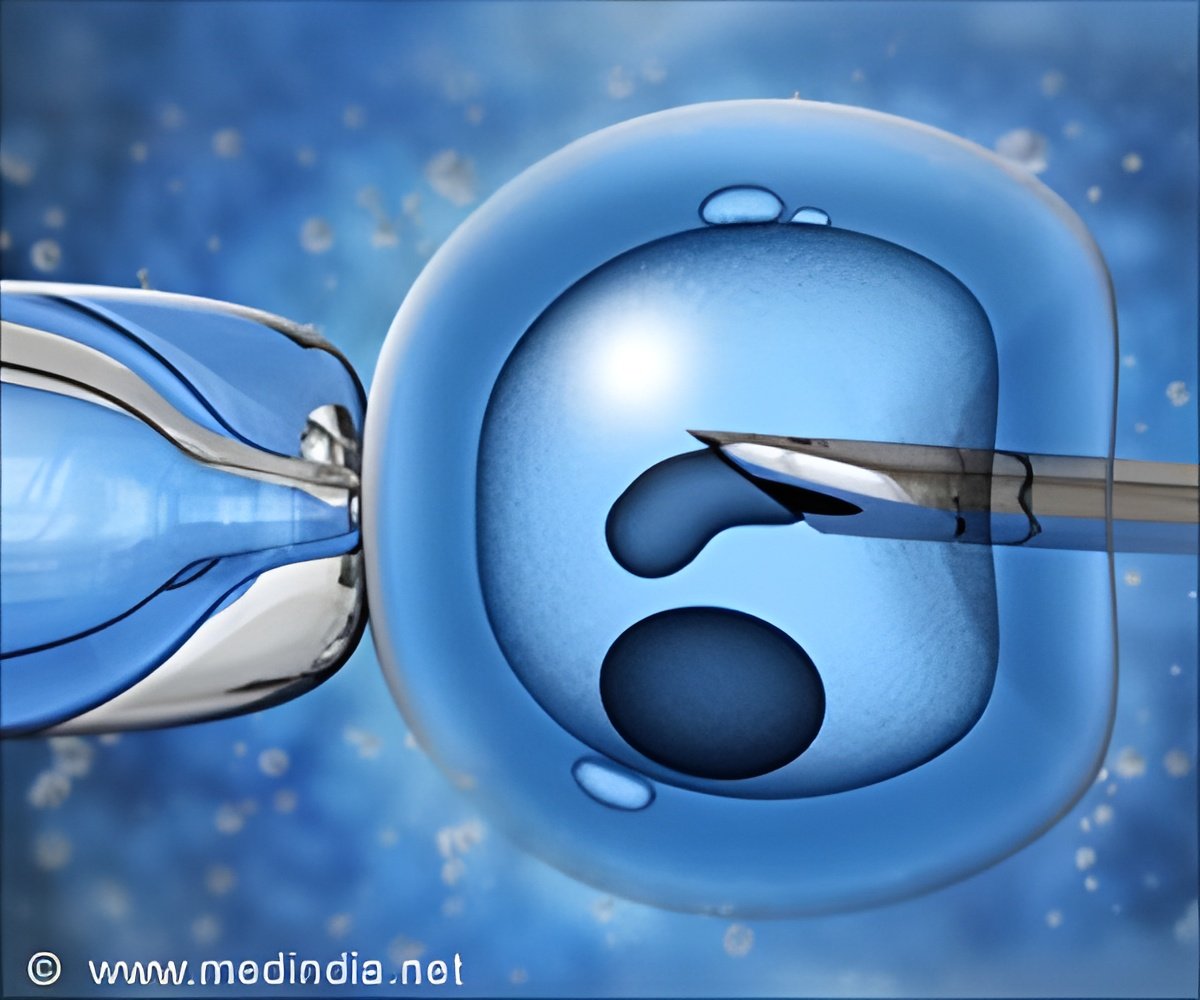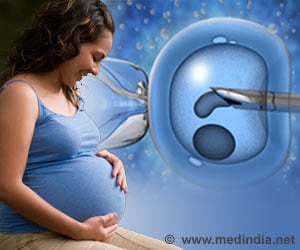
Here are landmarks in embryonic research for tackling infertility and hereditary disease:
- 1978: The first human, Louise Brown, is born from in-vitro fertilisation (IVF). IVF entails fertilising an egg with sperm in a lab dish, and implanting the early-stage embryo in the uterus.
- 1989: First pre-implantation genetic diagnosis (PGD), screening embryos for cystic fibrosis.
- 1990s: Sickle-cell anaemia, Tay-Sachs disease and Duchenne's muscular dystrophy join the list of severe inherited disorders detectable by PGD. The technology is now used to screen for over 250 genetic conditions, according to Britain's Human Fertilisation and Embryology Authority (HFEA).
- 2000: First "saviour sibling," a child born to donate healthy cells to a sibling with a fatal disease. The first case is a child who tested negative for Fanconi anaemia, the disease its sibling was born with.
Advertisement
- 2013: Birth of Connor, the first baby to be born after all its chromosomes were screened for abnormalities, the goal being to select the healthiest embryo for implantation.
Advertisement
Source-AFP














